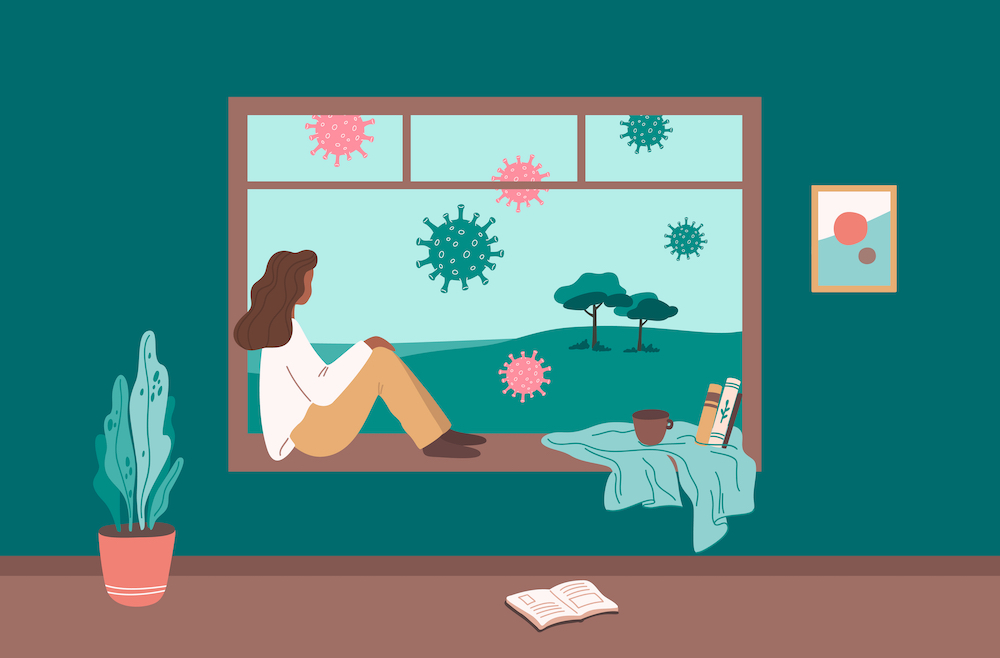Harvard Study Shows Increasing Loneliness in Young Adults

Recent Harvard research shows that primarily young adults are struggling the most with feelings of loneliness due to restrictions the pandemic has placed on their lives.
Next week it will be March, and many of us are still stuck on the events that unfolded during March of last year. On March 12, 2020, the World Health Organization declared COVID-19 a worldwide pandemic. The next day former President Trump announced COVID-19 as a national pandemic and issued a national emergency. Universities and schools were forced to shut down and revert to online learning. This caused university students to move away from their campuses and college towns and back home with their parents. High school students were forced to step away from their sports and extracurriculars. Students had to learn how to function for eight hours or more behind a computer screen, and often more, a day.
High schooler Liv McNeill, a student at Etobicoke School of the Arts in Canada, created a short film for a school project that perfectly captured a student’s life during the pandemic. Her short film captures the sameness of her day set in the same spot each day, a feeling most of us can relate to. The film that has no words speaks volumes.
Richard Weissbourd, a professor at Harvard’s Graduate School of Education, has spent his time over the past year studying community and family relationships in relation to the pandemic. He opens up about his study with Wall Street Journal in a recent interview. His study showed that 61% of young people ages 18 to 25 reported severe loneliness. These numbers were published in a Making Caring Common project report. It is true to say that even without a pandemic, the late teens and early ’20s can be a very lonely time. Young adults in this range face life-defining decisions, whether it be going to college or working to find a job to enter the workforce.
The pandemic has caused another kind of pervasive affliction, researchers say: loneliness https://t.co/G26hMDNHkz
— The Wall Street Journal (@WSJ) February 24, 2021
We live in a world that has come to revolve around social media. Teens crave to be included on social media and suffer when they are not. Sitting on social media for hours a day only magnifies the loneliness of young adults and negatively affects their mental health. Weissbourd suggests taking advantage of online programs to keep children engaged with other children. There are things like online art classes, group music lessons, and virtual reading clubs that everyone can take part in.
The pandemic has affected more than our physical health but our mental health as well. It’s real, and it’s pervasive in all age groups. Check on your friends – old and young. Let’s support each other and get through this together.

Writer




